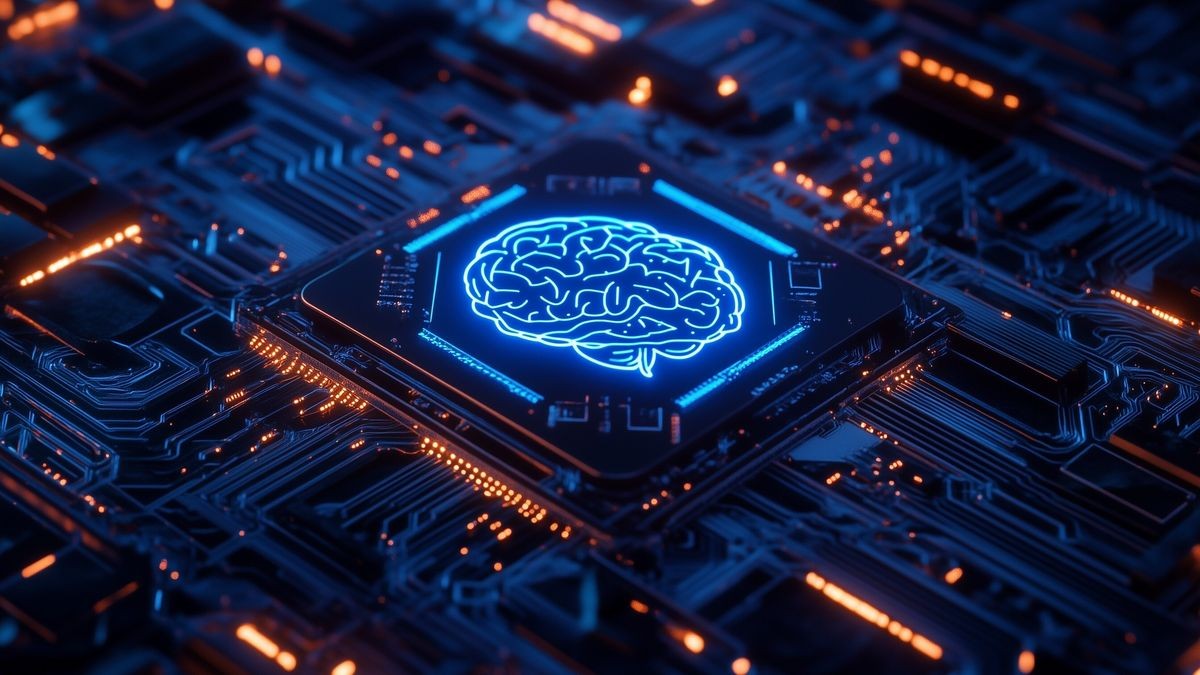
In a groundbreaking development, tech giant Google is reportedly working on an artificial intelligence (AI) agent capable of operating your personal computer on your behalf. This innovative tool aims to revolutionize how we interact with our devices by essentially creating an AI user that can navigate and control our browsers.
According to recent reports, Google's ambitious project seeks to develop an AI system that can understand and execute complex tasks within a web browser environment. This AI agent would be designed to interpret user instructions and carry out actions across various websites and applications, potentially streamlining many day-to-day digital activities.
The concept behind this AI user is to create a virtual assistant that goes beyond simple voice commands or predefined actions. Instead, it would have the ability to interpret context, understand user intent, and navigate the intricacies of different web interfaces. This could potentially automate tasks such as online shopping, booking appointments, or managing digital content across multiple platforms.
While the idea of an AI taking control of one's personal computer might raise concerns about privacy and security, Google is likely to implement robust safeguards to protect user data and maintain control over the AI's actions. The company has a history of developing AI-powered tools with user privacy in mind, and this project would likely follow suit.
The development of such an AI agent could have far-reaching implications for how we interact with technology. It could potentially make digital tasks more accessible to those with limited technical skills or disabilities, and it might even redefine the concept of personal productivity in the digital age.
However, the project is still in its early stages, and it remains to be seen how Google will address the numerous technical and ethical challenges that come with creating an AI capable of such wide-ranging control over a user's digital environment.
As Google continues to push the boundaries of AI technology, this latest development serves as a reminder of the rapidly evolving landscape of human-computer interaction. The prospect of an AI agent that can effectively use our computers on our behalf is both exciting and thought-provoking, potentially heralding a new era in how we engage with our digital world.